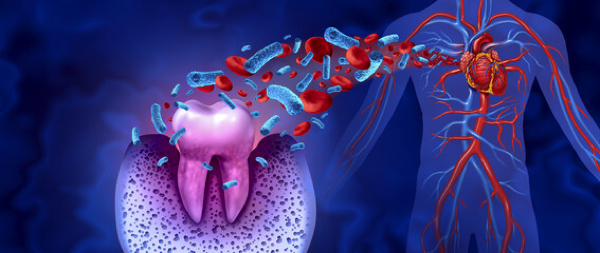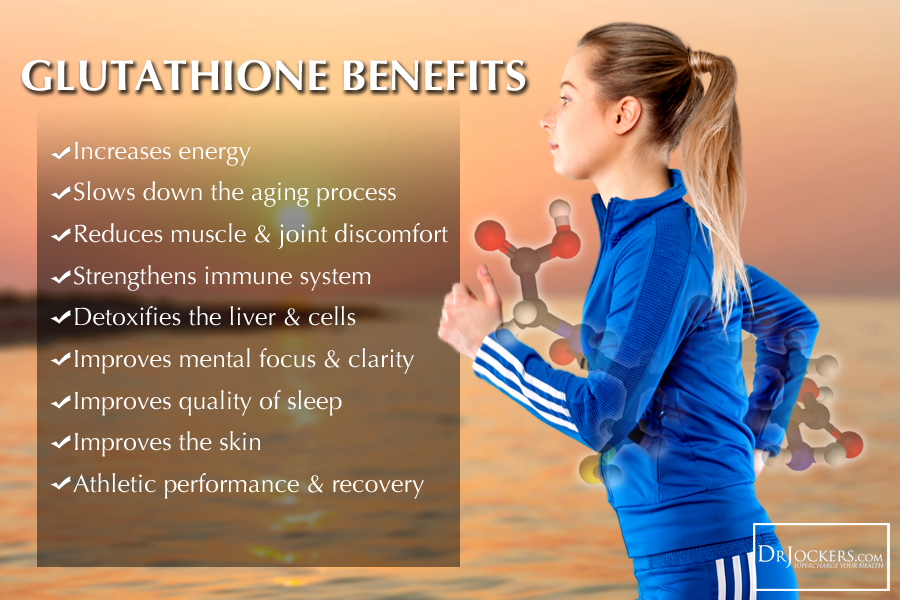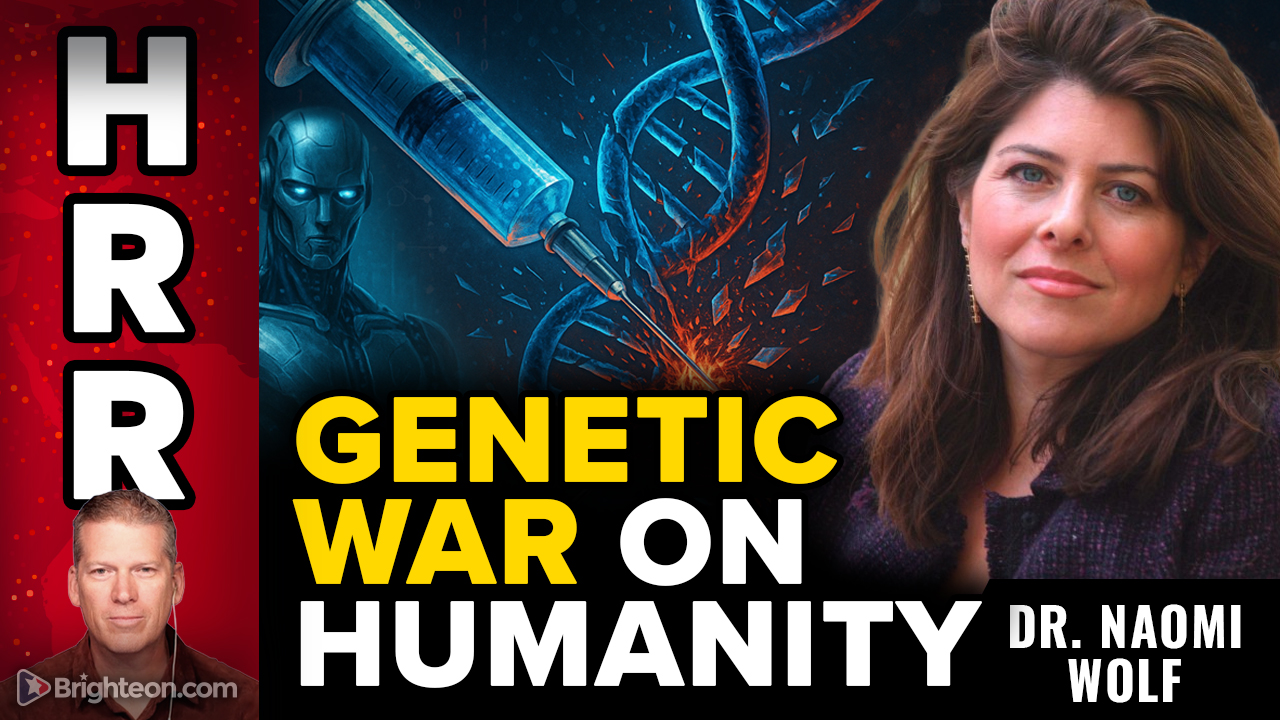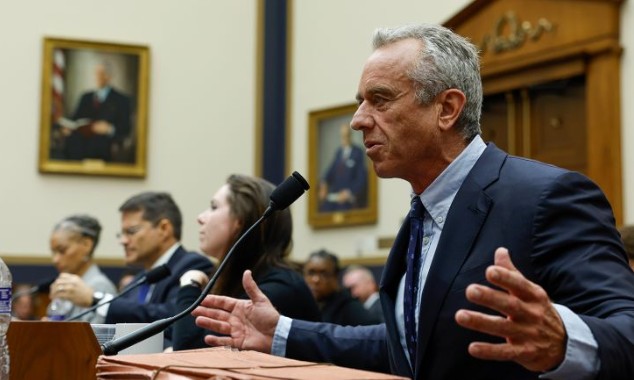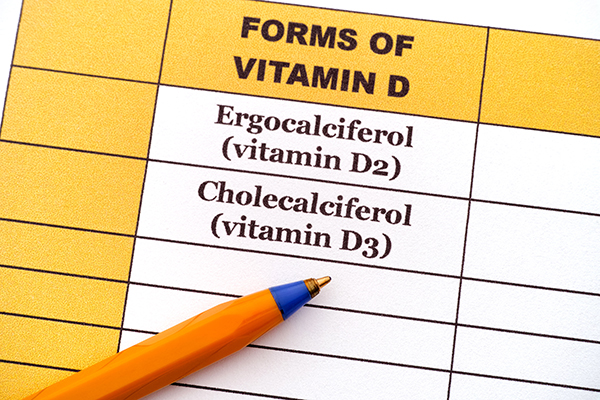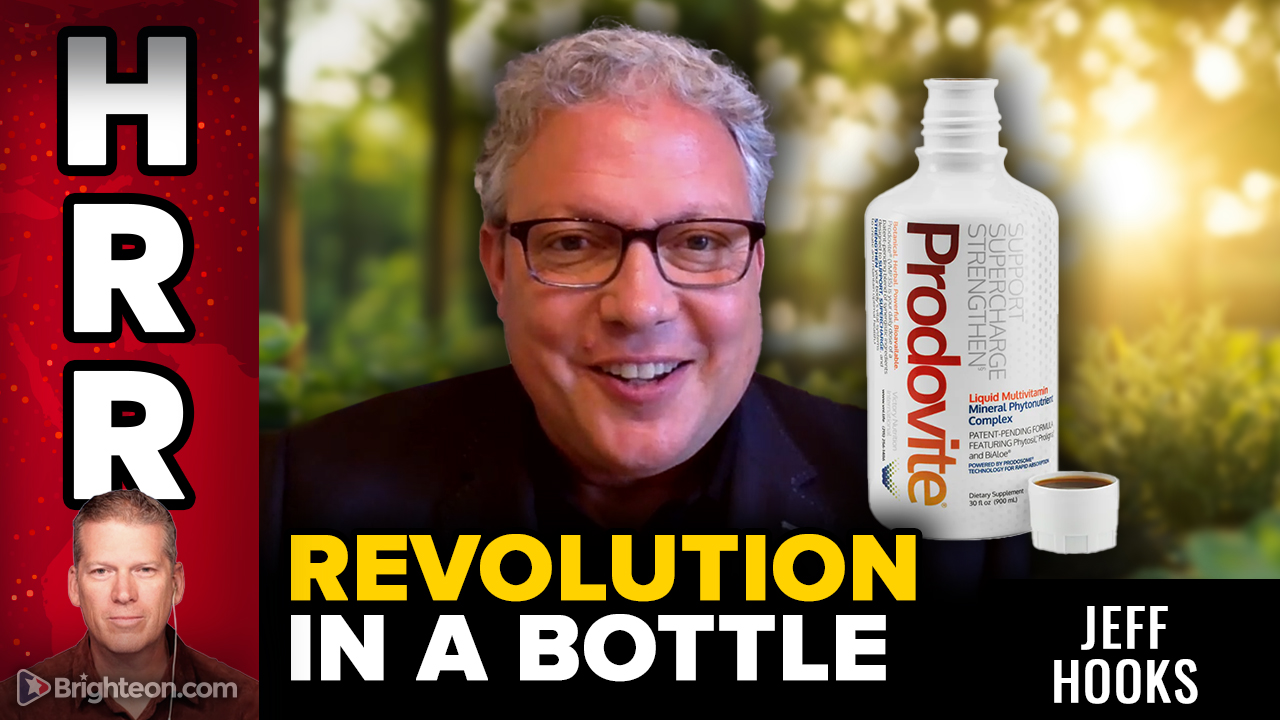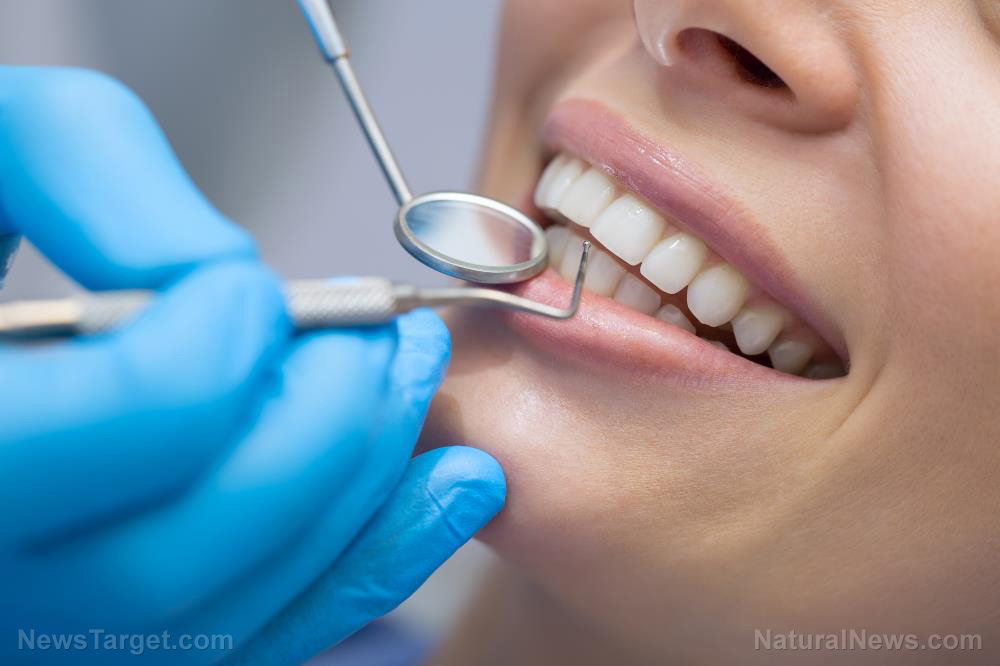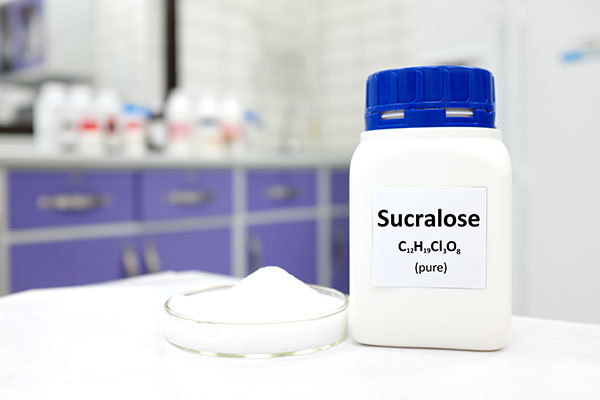Common vitamin could cut your skin cancer risk in half, large-scale study confirms
10/21/2025 / By Cassie B.

- A large VA study confirms nicotinamide, a form of vitamin B3, reduces skin cancer risk.
- The research found a 14 percent overall decrease in nonmelanoma skin cancer risk from taking the supplement.
- Starting the vitamin after a first diagnosis slashed the risk of subsequent cancers by 54 percent.
- This affordable supplement could significantly reduce the need for surgeries and healthcare costs.
- The findings suggest a major shift toward early, proactive prevention is now possible.
You have been told your entire life that protecting your skin from cancer requires expensive creams, painful procedures, and constant vigilance. But what if a simple, affordable, and safe vitamin sitting on your local pharmacy shelf could dramatically reduce your risk? Groundbreaking new research involving tens of thousands of patients confirms that a specific form of nutrition offers a powerful, natural defense against the most common cancers in the world. This is not a speculative theory from the fringe; it is a data-driven conclusion from one of the largest healthcare systems in the United States, finally validating what natural health advocates have long suggested.
A massive retrospective study of 33,833 veterans, conducted through the Department of Veterans Affairs (VA), has delivered compelling evidence that nicotinamide, a form of vitamin B3, is a potent weapon against nonmelanoma skin cancer. The research, co-authored by Dr. Lee Wheless of the VA Tennessee Valley Healthcare System and Vanderbilt University, leveraged the VA’s vast data warehouse to track patients who were prescribed 500 milligrams of nicotinamide twice daily. This approach provided a real-world look at the supplement’s effectiveness on a scale previously unseen.
The findings are a resounding confirmation of nature’s power. The analysis revealed a 14 percent overall decrease in skin cancer risk among those taking the vitamin. This is a significant result on its own, demonstrating that a simple nutritional intervention can have a measurable impact on public health. For a nation grappling with soaring healthcare costs and a cancer industry that often prioritizes expensive treatments over affordable prevention, this study offers significant hope.
The power of early intervention
The most stunning data emerged when researchers examined the timing of the intervention. The protective benefit of nicotinamide skyrocketed when patients began taking it promptly after their first skin cancer diagnosis. In these individuals, the risk reduction for developing a subsequent skin cancer jumped to an astounding 54 percent. This halving of risk from a low-cost vitamin underscores a critical principle of authentic healthcare: early, proactive prevention is infinitely more effective and humane than late-stage treatment.
This benefit, however, diminished when treatment began after multiple skin cancers had already developed. This key detail points toward a crucial window of opportunity where the body’s natural defenses can be most effectively bolstered. It suggests that incorporating this nutritional strategy early in a patient’s journey could fundamentally shift cancer prevention protocols from reactive to proactive.
The study focused on the two most common types of nonmelanoma skin cancer: basal cell carcinoma and cutaneous squamous cell carcinoma. These cancers affect millions of Americans each year, placing a massive burden on the healthcare system. Dr. Wheless highlighted the practical impact, stating, “We have patients that can get over 100 skin cancers and that’s a lot of individual cancers to be treating, a lot of surgeries, and a lot of time healing from all.” He added, “If we can reduce the rate of skin cancers by 50 percent, if a patient normally is getting, say 10 skin cancers per year…That’s five fewer surgeries and a major impact on that patient’s life.”
A paradigm shift in prevention
The implications of this study are profound for clinical practice. Dr. Wheless noted, “There are no guidelines for when to start treatment with nicotinamide for skin cancer prevention in the general population. These results would really shift our practice from starting it once patients have developed numerous skin cancers to starting it earlier.” This represents a potential paradigm shift, moving away from waiting for disease to proliferate and toward empowering patients with preventive tools at the first sign of trouble.
The economic implications are equally powerful. The VA noted that treating skin cancers is one of the highest costs for community care referrals in dermatology. An affordable supplement that can cut the need for surgeries in half is not just a medical victory; it is a direct challenge to a system that profits from chronic disease. As Associate Chief of Staff of Research and Development Dr. Stokes Peebles stated, “There are very few interventions which can reduce the risk of recurrent cancer by such a large percentage.”
As Dr. Wheless and his team look ahead, they aim to refine this approach through precision medicine, seeking to identify which patients will benefit most. For anyone concerned about skin cancer, this research offers a clear, accessible, and empowering message: the power to dramatically reduce your risk may already be within your reach.
Sources for this article include:
Submit a correction >>
Tagged Under:
alternative medicine, anticancer, Basal cell carcinoma, food science, health science, natural cures, natural health, natural medicine, Naturopathy, nicotinamide, nutrients, Oncology, real investigations, research, skin cancer, supplements, vitamin B3
This article may contain statements that reflect the opinion of the author

